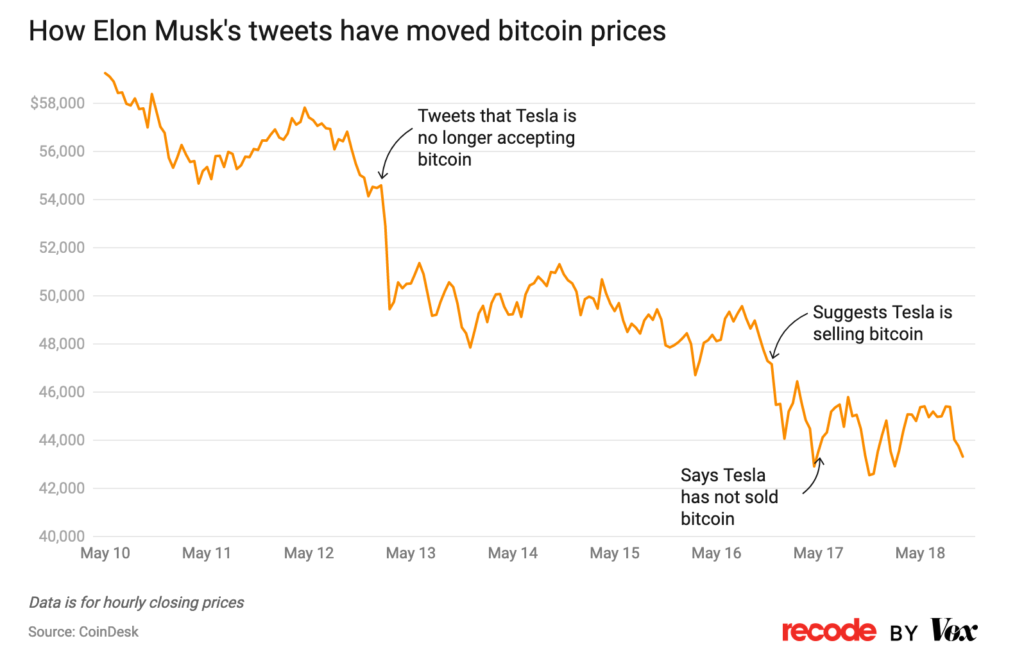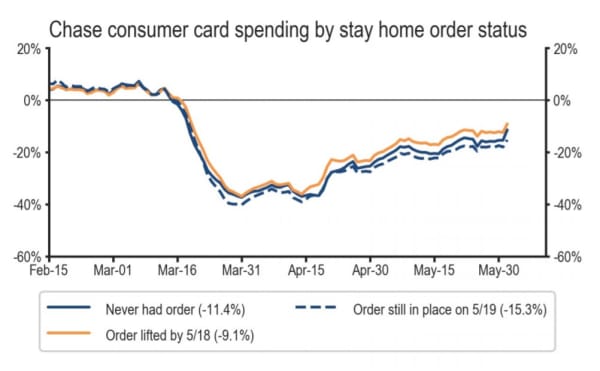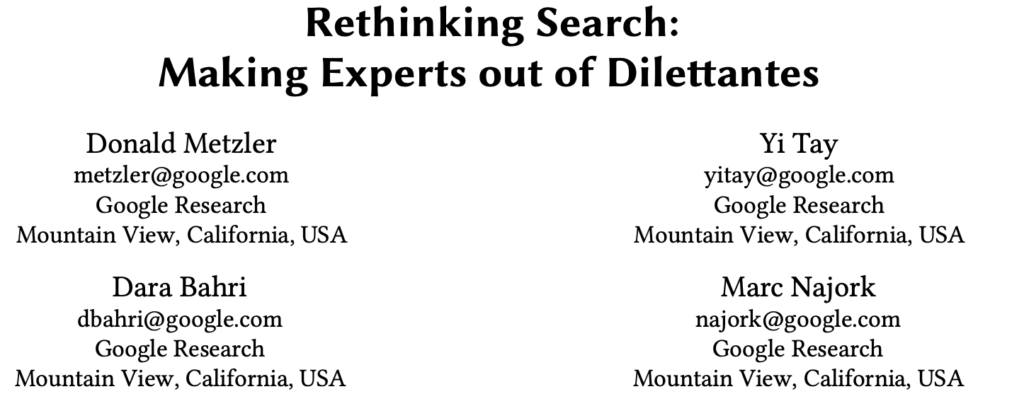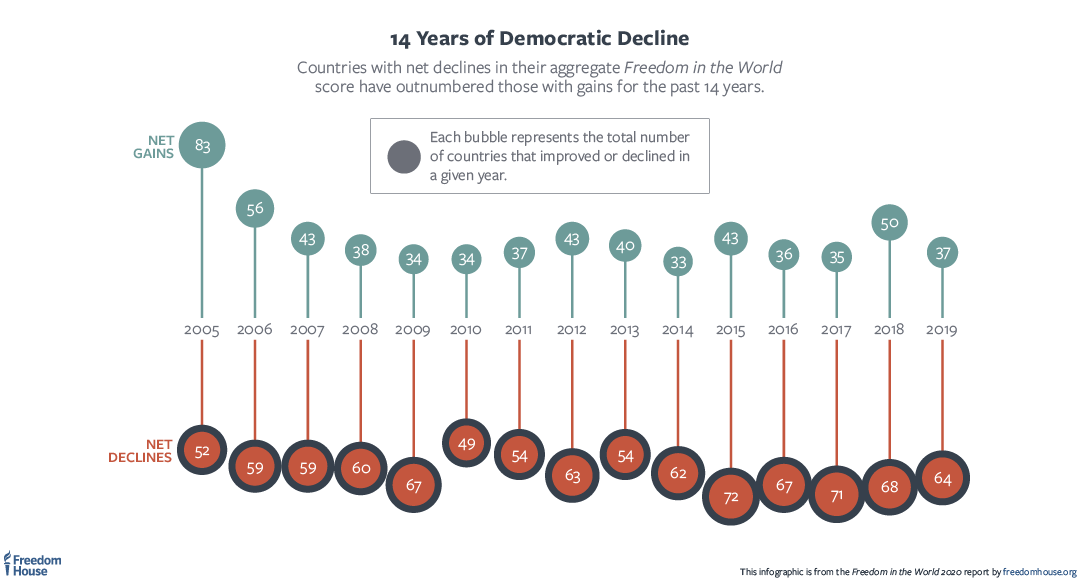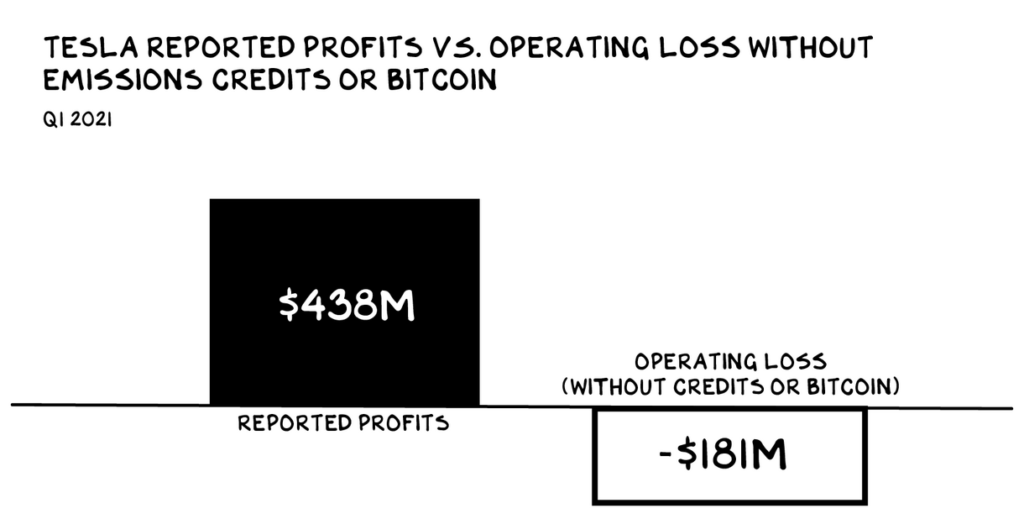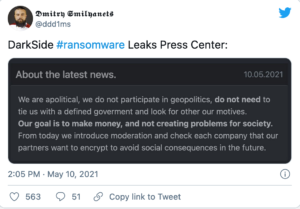Quote of the Day
”The Act of God designation on all insurance policies means, roughly, that you cannot be insured for the accidents that are most likely to happen to you.”
- Alan Coren
Musical alternative to the morning’s radio news
Eric Clapton | San Francisco Bay Blues (Acoustic) | Live at MTV Unplugged, Bray Film Studios, Windsor, England.
If this doesn’t wake you up, then nothing will.
Long Read of the Day
Writing out loud: Andrew Sullivan on ‘Why I Blog’
A classic essay published in 2008 — 13 years ago. It remains the best articulation of the nature and value of blogging as a medium.
Sample:
No columnist or reporter or novelist will have his minute shifts or constant small contradictions exposed as mercilessly as a blogger’s are. A columnist can ignore or duck a subject less noticeably than a blogger committing thoughts to pixels several times a day. A reporter can wait—must wait—until every source has confirmed. A novelist can spend months or years before committing words to the world. For bloggers, the deadline is always now. Blogging is therefore to writing what extreme sports are to athletics: more free-form, more accident-prone, less formal, more alive. It is, in many ways, writing out loud.
And a paragraph I particularly like:
To blog is therefore to let go of your writing in a way, to hold it at arm’s length, open it to scrutiny, allow it to float in the ether for a while, and to let others, as Montaigne did, pivot you toward relative truth. A blogger will notice this almost immediately upon starting. Some e-mailers, unsurprisingly, know more about a subject than the blogger does. They will send links, stories, and facts, challenging the blogger’s view of the world, sometimes outright refuting it, but more frequently adding context and nuance and complexity to an idea. The role of a blogger is not to defend against this but to embrace it. He is similar in this way to the host of a dinner party. He can provoke discussion or take a position, even passionately, but he also must create an atmosphere in which others want to participate.
It’s a great read, from start to finish. And Sullivan is still blogging — though, since he now makes his living from it, you have to pay ($50 a year) for a subscription.
On the other hand, Dave Winer, who is the maestro of the medium, and whose wonderful blog has been running for (when I last checked) 26 years, 7 months, 13 days, 1 hour, 34 minutes and 35 seconds), doesn’t charge a cent.
How to divide the working day
Maker’s Schedule, Manager’s Schedule
Lovely essay by Paul Graham on why managers and those who make things inhabit different universes.
There are two types of schedule, which I’ll call the manager’s schedule and the maker’s schedule. The manager’s schedule is for bosses. It’s embodied in the traditional appointment book, with each day cut into one hour intervals. You can block off several hours for a single task if you need to, but by default you change what you’re doing every hour.
When you use time that way, it’s merely a practical problem to meet with someone. Find an open slot in your schedule, book them, and you’re done.
Most powerful people are on the manager’s schedule. It’s the schedule of command. But there’s another way of using time that’s common among people who make things, like programmers and writers. They generally prefer to use time in units of half a day at least. You can’t write or program well in units of an hour. That’s barely enough time to get started.
When you’re operating on the maker’s schedule, meetings are a disaster. A single meeting can blow a whole afternoon, by breaking it into two pieces each too small to do anything hard in…
Science fiction as prophecy
Nice Bloomberg column by Tyler Cowen.
I have been reading science fiction for half a century, having spent my childhood consuming it in various forms. Now, for the first time in my life, I feel like I am living in a science fiction serial.
The break point was China’s landing of an exploratory vehicle on Mars. It’s not just the mere fact of it, as China was one of the world’s poorest countries until relatively recently. It’s that the vehicle contains a remarkable assemblage of software and artificial intelligence devices, not to mention lasers and ground-penetrating radar.
There is a series of science fiction novels about China in which it colonizes Mars. Published between 1988 and 1999, David Wingrove’s Chung Kuo series is set 200 years in the future. It describes a corrupt and repressive China that rules the world and enforces rigid racial hierarchies.
It is striking to read the review of the book published in the New York Times in 1990. It notes that in the book “the Chinese somehow regained their sense of purpose in the latter half of the 21st century” — which hardly sounds like science fiction, the only question at this point being why it might have taken them so long. The book is judged unrealistic and objectionable because its “vision of a Chinese-dominated future seems arbitrary, ungrounded in historical process.”
I’m reading another novel about China at the moment, and it’s not Sci-fi but a plausible account of how we might get to Armageddon earlier than envisaged.
Another, hopefully interesting, link
- Google’s Project Starline Making video conferencing more people-friendly. Link
This blog is also available as a daily email. If you think this might suit you better, why not subscribe? One email a day, Monday through Friday, delivered to your inbox at 7am UK time. It’s free, and there’s a one-click unsubscribe if you decide that your inbox is full enough already!

